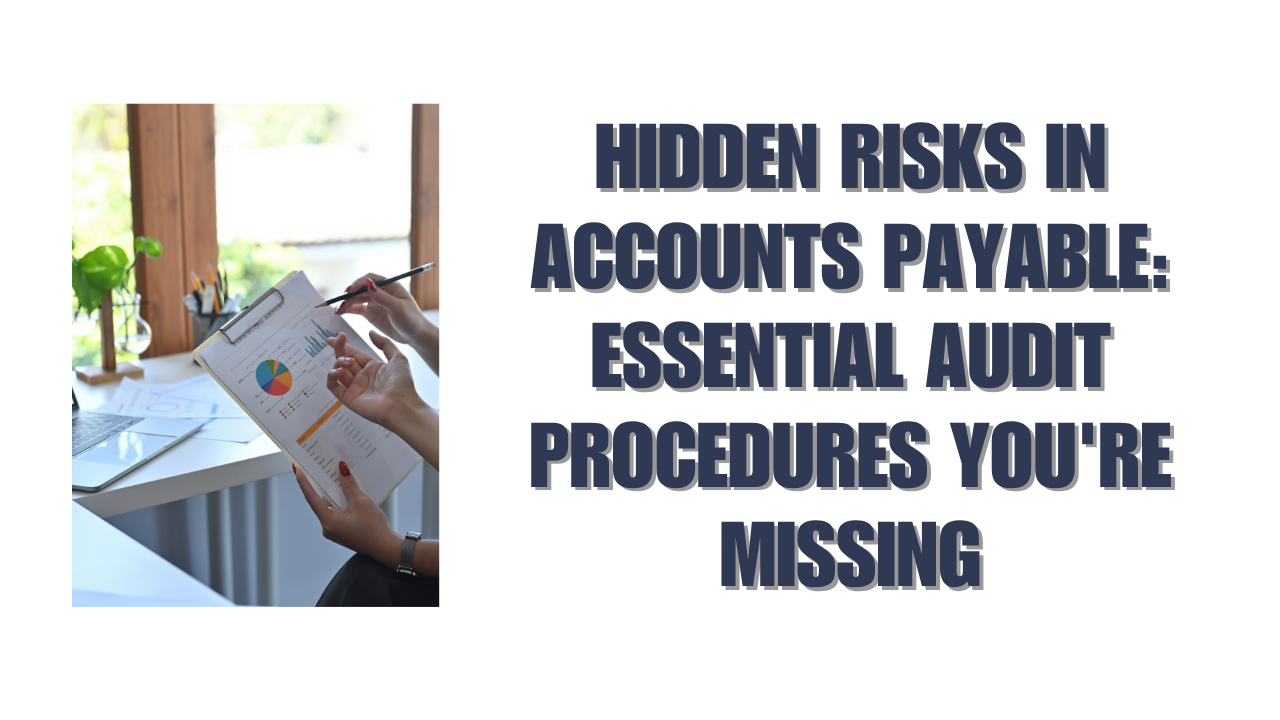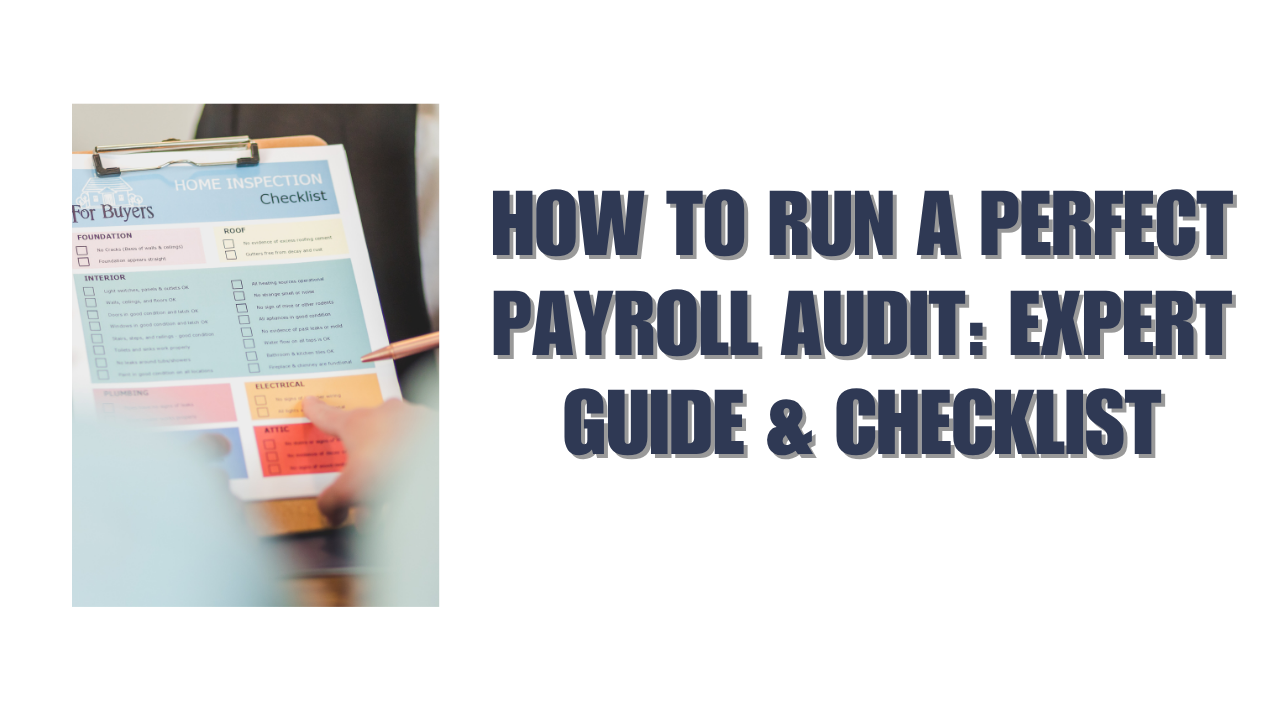Most people only worry about getting their yearly taxes done. But studies show that ongoing tax advisory services can lead to the most important savings through strategic planning and optimization throughout the year.
Tax filing focuses on compliance, while tax advisory services provide year-round support with at least four strategic meetings annually. Tax advisors bring exceptional experience and specialized education compared to standard tax preparers. They help clients understand how financial decisions affect their tax position and encourage engagement to maximize benefits.
Many clients struggle between choosing simple tax preparation and detailed advisory services. Your financial complexity and long-term goals should determine the right choice. This piece breaks down both options to help you determine which service could save you more money over time.
Understanding Tax Advisory vs Tax Filing
Tax filing services help people prepare and submit their annual tax returns. These services make sure you stay compliant with federal, state, and local tax authorities. The process includes collecting financial documents, working out tax liabilities, and submitting required paperwork to tax authorities.
A tax filing professional takes care of preparing various tax forms. These include W-2s, 1099s, and other income statements. They make sure your income, deductions, and credits are reported correctly while following current tax rules.
Tax advisory services take a complete approach to managing your taxes. Your tax advisor looks at your financial information and guides you through what your financial decisions mean. On top of that, they create strategies to reduce your tax burden throughout the year.
Tax advisory services include:
- Strategic tax planning at federal, state, and local levels
- Estate planning and trust preparation
- Investment and retirement planning guidance
- Understanding what major financial decisions mean for taxes
- Working with the IRS during negotiations and audits
Tax advisors meet with clients regularly throughout the year to review their situation and adjust strategies when needed. They make sure tax strategies match your business or personal financial goals, so you can take advantage of tax-saving opportunities. These services help clients understand what it means to buy business assets, restructure corporations, or make real estate deals.
Comparing Costs and Services
Simple tax filing services start at USD 220.00 to file a standard 1040 and state return. Complex returns with multiple schedules can get pricey and reach USD 778.00.
Average Cost of Tax Filing
A simple tax return with standard deductions costs USD 220.00. Returns with itemized deductions will increase the cost to USD 323.00. Each additional schedule adds extra fees. Schedule C for self-employment adds USD 192.00. Schedule D for capital gains adds USD 118.00. Schedule E for rental income needs USD 145.00.
Tax Advisory Service Fees
Tax advisory services use different pricing models. CPAs and enrolled agents charge hourly rates between USD 150.00 and USD 400.00. Detailed annual tax planning packages range from USD 1,500.00 to USD 10,000.00, based on complexity.
ROI Comparison
Tax advisory services create value through regular quarterly meetings. Advisory services might cost more upfront but focus on active tax savings instead of just compliance. Clients learn about tax implications of their decisions, stay ahead of tax law changes, and plan their retirement goals better.
Advisory services pay for themselves through smart deductions, planning, and prevention of tax mistakes. The ROI Method wants to achieve 200% or more in tax savings through custom strategies and regular monitoring.
Short-Term vs Long-Term Savings
The right timing of tax-related decisions can substantially affect your potential savings. Short-term capital gains face higher tax rates, ranging from 10% to 37% in 2024-2025. Long-term capital gains offer better rates at 0%, 15%, or 20%, based on your income levels.
Immediate Tax Filing Benefits
Early tax filing lets you access refunds quickly and gives you extra time to arrange payments. You’ll get your refund faster, especially with electronic filing and direct deposit. If you owe taxes, filing early gives you more time to arrange funds before the deadline.
Strategic Advisory Advantages
Tax advisory services are a great way to get long-term benefits through careful planning. A tax advisor helps you by:
- Finding tax-saving opportunities through deductions and credits
- Looking at past tax returns to make improvements
- Creating complete strategies for large transactions
- Helping with property valuation and sales tax refunds
Smart tax planning reduces your future tax burden. To cite an instance, see how individual filers with total taxable income below USD 48,350 in 2025 won’t pay any capital gains tax. You could lower your tax liability by timing your investment sales right – like waiting until retirement to sell profitable investments during lower-income years.
When to Choose Which Service
Your financial complexity and goals determine whether you need tax filing or advisory services.
Best Scenarios for Tax Filing
Simple tax situations work well with basic filing services. You’ll benefit from tax filing if you have straightforward W-2 income and standard deductions. Small businesses with simple financials and those needing simple compliance support will find filing services helpful.
When Tax Advisory Makes More Sense
Complex financial situations call for tax advisory services. Business owners gain significant advantages from advisory services through:
- Depreciation strategy development
- Employee benefits optimization
- Income changes techniques
- Business structure planning
- Research and development credit analysis
Tax advisory makes sense if you have a high income or multiple income streams. These services meet quarterly around estimated tax payment dates. Tax advisory helps with retirement planning, even if you’re 10-15 years away from retirement.
Tax filing handles your annual compliance, but tax advisory gives you the ability to make informed financial decisions year-round. Business owners usually meet monthly, and larger clients need more frequent consultations. Real estate investors and high-net-worth individuals should choose advisory services. These professionals help direct complex tax implications and find valuable deductions.
Comparison Table
| Aspect | Tax Filing | Tax Advisory |
| Simple Description | Focuses on preparing and submitting annual tax returns | Complete approach with year-round tax management and planning |
| Cost Range | $220-$778 (simple 1040 to complex returns) | $1,500-$10,000 annually (complete packages) $150-$400 hourly rates |
| Meeting Frequency | Annual | At least four planning meetings annually |
| Main Goal | Compliance and accurate documentation | Planning and optimization throughout the year |
| Core Services | – Preparing tax forms (W-2s, 1099s) – Calculating tax liabilities – Submitting required documentation |
– Tax planning – Estate planning – Investment guidance – IRS audit representation – Tax implications analysis |
| Ideal For | – People with W-2 income – Standard deductions – Simple tax situations – Small businesses with clear financials |
– Business owners – High-income individuals – Multiple income streams – Real estate investors – Complex financial situations |
| Savings Approach | Quick access to refunds and compliance | Long-term planning with targeted 200% ROI through custom strategies |
Conclusion
Tax filing and advisory services cater to different financial needs, and their value changes by a lot based on your situation. Simple tax filing costs less upfront, with prices between $220 to $778. In contrast, detailed advisory services deliver deeper financial benefits through strategic planning and optimization.
Tax advisory services aim for a 200% return on investment through custom strategies and constant monitoring. These services need a bigger upfront investment of $1,500 to $10,000 per year. They come with year-round support and four strategic meetings, which makes them a great fit for business owners and high-income earners.
Simple tax situations work fine with basic filing services. People with complex financial portfolios, multiple income streams, or long-term wealth-building goals get more value from advisory services. Tax advisors help clients understand how financial decisions affect them, maximize deductions, and create strategies that match their goals.
Your choice between tax filing and advisory services depends on your financial complexity and future goals. Simple tax filing suits straightforward situations. Advisory services become more valuable when you deal with complex tax implications, business planning, or retirement strategies. A careful look at these factors will show which service saves more money over time.
FAQs
Q1. What’s the main difference between tax filing and tax advisory services?
Tax filing primarily focuses on preparing and submitting annual tax returns, while tax advisory offers comprehensive, year-round tax management and strategic planning to optimize your financial position.
Q2. How much do tax filing and tax advisory services typically cost?
Basic tax filing services usually range from $220 to $778, depending on complexity. Tax advisory services, offering more comprehensive support, can cost between $1,500 to $10,000 annually for comprehensive packages, or $150 to $400 per hour.
Q3. Is hiring a tax advisor worth the investment?
A tax advisor can be worth the investment, especially for those with complex financial situations. They provide expert knowledge of tax codes, identify potential savings through credits and deductions, and offer ongoing support to optimize your tax position throughout the year.
Q4. How often do tax advisors typically meet with their clients?
Tax advisors generally conduct at least four strategic meetings annually with their clients, often aligning these meetings with estimated tax payment dates. Some clients, particularly business owners, may require more frequent consultations.
Q5. Who benefits most from tax advisory services?
Tax advisory services are most beneficial for business owners, high-income individuals, those with multiple income streams, real estate investors, and people with complex financial situations. These services are particularly valuable for long-term financial planning and optimizing tax strategies.





